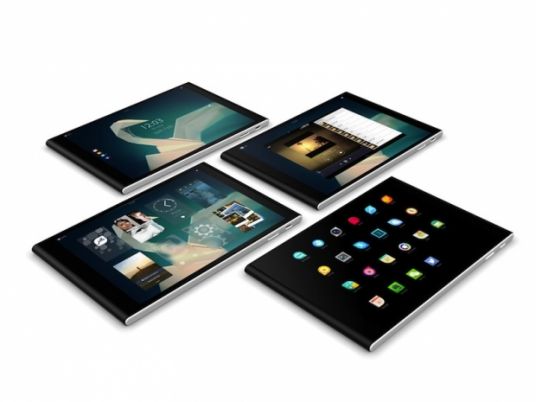
Imagine a technology, which could connect you to the Internet at speeds of 1Gbps, by simply using LED bulbs, free from any waves with potentially harmful effects on the body.
That is precisely what Li-Fi offers. It is a technology in the development phase and is planned to be used first in businesses and then in homes.
Li-Fi, which stands for Light Fidelity, is a wireless communication technology based on the use of the light spectrum.
It sends data by switching the current to LEDs off and on at a very high rate, and is invisible to the human eye.
Safe technology
Li-Fi has many advantages, starting with the absence of radio waves, which could be harmful to health in the long term, and electromagnetic interference.
Also, the Li-Fi spectrum is around 10,000 larger than Wi-Fi's, making it possible to connect more users together at the same time.
Furthermore, as light cannot pass through walls, there can be no automatic connection from one room to another. But it also means that piracy from outside sources becomes impossible.
In terms of speed, Li-Fi looks highly promising. It could theoretically achieve speeds of 1Gbps, which is faster than the most recent Wi-Fi standard (802.11ac).
Researchers at Oxford University in the UK have achieved speeds of 224Gbps in the lab, which is a record, but it is not likely to become the norm in homes.
In France, several Li-Fi connection experiments are currently underway, mainly in business settings led by specialist companies such as Oledcomm and Lucibel. Velmenni, an Estonian start-up, has already carried out tests in homes.
One of the preconditions for Li-Fi to become commonplace is for the whole environment (companies, public places, housing, etc.) to be equipped with LEDs and for mobile phones to have light sensors compatible with this new technology.

